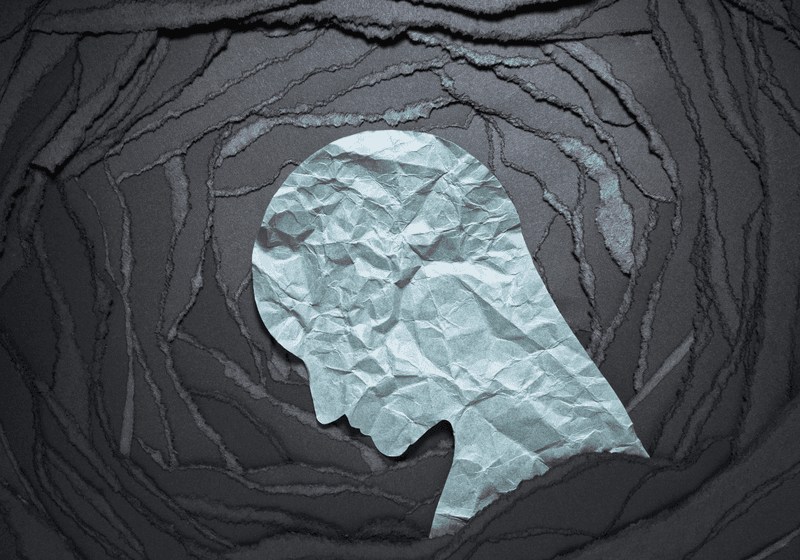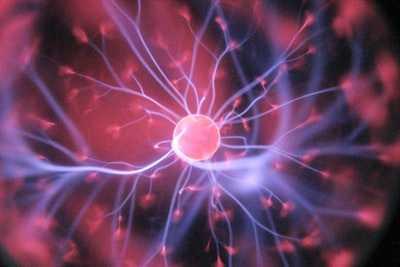The Fear Epicenter
Our amygdala has been known to be as the fear epicenter of our brain however other studies suggest that there is some other structure in the brain that is involved in this fear-making process.
The insular cotex and a part of the brain stem called the nucleus of the solitary tract has been found as an area that generates fear impulses.
42
125 reads
CURATED FROM
IDEAS CURATED BY
The idea is part of this collection:
Learn more about health with this collection
Understanding the importance of constructive criticism
How to receive constructive criticism positively
How to use constructive criticism to improve performance
Related collections
Similar ideas to The Fear Epicenter
The science of meditation
Experience based neuroplasticity - brain continuously makes or strengthens some connections & breaks or weakens other.
Meditation can significantly alter our experiences of stress & change our brain -
- Function - In a Yale study...
Studies on suggest bilinguals and monolinguals
Some research found speaking more than one language can potentially improve your cognitive processes. But other studies found that bilinguals and monolinguals perform similarly.
Some studies suggest bilinguals and monolinguals use the brain differently to complete an executive function ta...
The Psychology Of Revenge
Revenge is the desire to retaliate to someone who has injured us or made us suffer, either physically or mentally.
Studies revealed that the feeling of revenge is extremely rewarding to the brain. The region of the brain called ‘caudate nucleus’ i...
Read & Learn
20x Faster
without
deepstash
with
deepstash
with
deepstash
Personalized microlearning
—
100+ Learning Journeys
—
Access to 200,000+ ideas
—
Access to the mobile app
—
Unlimited idea saving
—
—
Unlimited history
—
—
Unlimited listening to ideas
—
—
Downloading & offline access
—
—
Supercharge your mind with one idea per day
Enter your email and spend 1 minute every day to learn something new.
I agree to receive email updates



